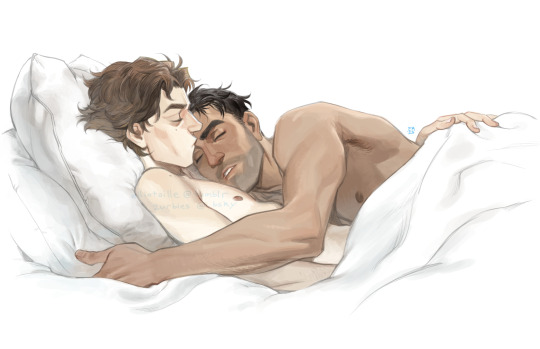Avelera's Original Fiction Alert Signup Open full blog to sign up for my original fiction alert. You will only be contacted if I actually publish an original novel or short story! Or go to my Ao3 username Avelera to sign up for alerts for my fanfic. My Hobbit MetaOn Writing Fanfiction: Tumblr - Fanfiction Fanfiction.net - Avelera Archive of Our Own - Avelera
Don't wanna be here? Send us removal request.
Text

many on here need to be learning this lesson
#this honestly#love that study that found dark fiction and horror created more empathy than lighthearted and g rated works#feels apropos to this
31K notes
·
View notes
Text
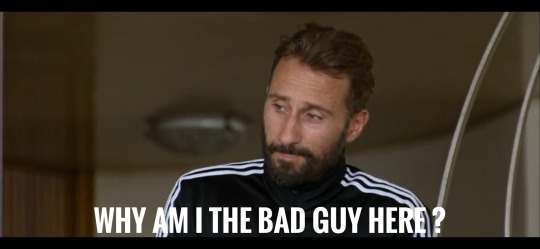
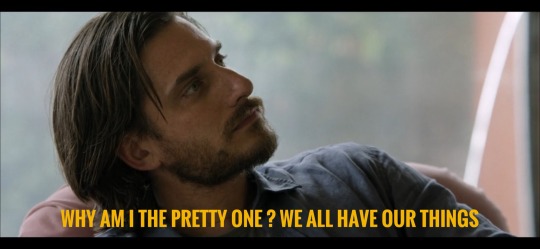

190 notes
·
View notes
Text
Just finished the season finale of Murderbot and wow, I am loving all the layers of meaning in "I have to check the perimeter."
As in, you can't just tell me I'm safe. I have to determine that for myself.
As in, I have to check the boundaries of what I'm allowed or not allowed to do now. Will you let me just walk away?
And yes, as in, I have to be by myself for a while, like it used to mean.
1K notes
·
View notes
Text
being a viktor fan in a fandom that frequently woobifies him is such a struggle sometimes. how do i explain that i do kind of think viktor was a class traitor and that his later realization of how much he had contributed to the worsening conditions in zaun over the years is what led to him establishing the commune? i actually dont think viktor is very politically well informed at all and that his years of burying his head in the sand about piltover zaun negotiations have worsened this. to me it seems like viktor put a lot of effort into fitting in at piltover and appealing to them in order to develop hextech and in doing so willingly turned a blind eye to how the hexgates were worsening the class divide. i feel like i see so many people talking about how jayce was ignorant to the struggles of people in zaun but viktor was literally from there and did the same
#this#arcane#viktor arcane#and it makes him a more interesting character!#not everyone is politically savvy especially not in an aristocratic oligarchy where normal people don’t get a vote!#Viktor was all in on science improving lives to the exclusion of all else#he had no wider perspective on other disciplines#and then when he realized his one size fits all solution didn’t work#he decided to make sure everyone fit into his one size category instead of expanding his solution!#he decided people are the problem when it comes to making his vision of a perfect world reality#and it led to actual atrocities! because he doesn’t get people at all even if he is kind and gentle and thoughtful as a person#he is also myopic and stubborn and singularly focused on science as the only way to improve things#let Viktor have flaws ffs!#and one flaw is that he’s not a political activist!#even in the commune he’s creating a space AWAY from politics#and the commune accepted rich Piltover Councilors and poor Zaunites equally#he doesn’t distinguish he doesn’t SEE the city divide the way Silco does#if you want a politically minded pro Zaun activist you’re looking for EKKO
668 notes
·
View notes
Text
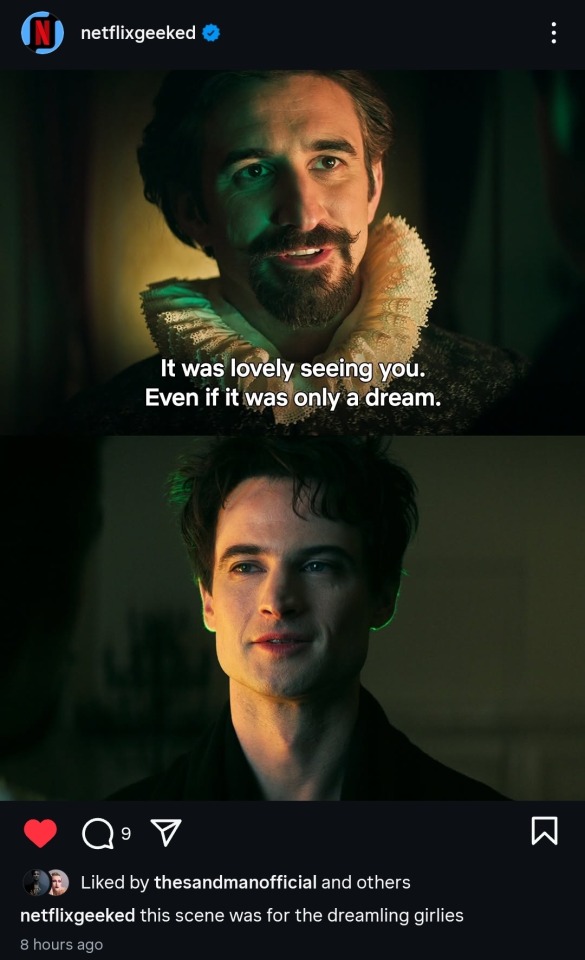
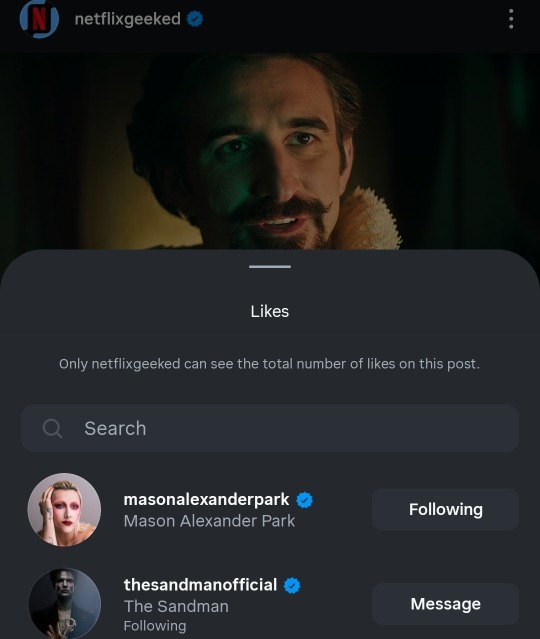
Mason Alexander Park liking this post dedicated to dreamling enjoyers lmao I KNOW WHAT YOU ARE (one of us)
608 notes
·
View notes
Text



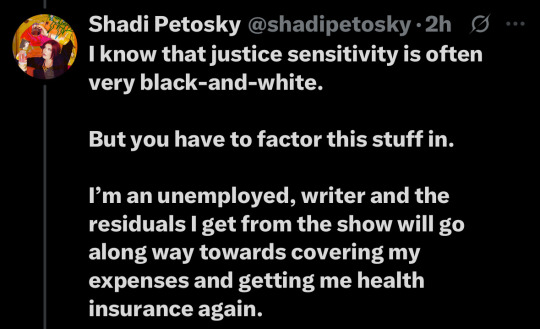

from a producer/writer of sandman
3K notes
·
View notes
Text
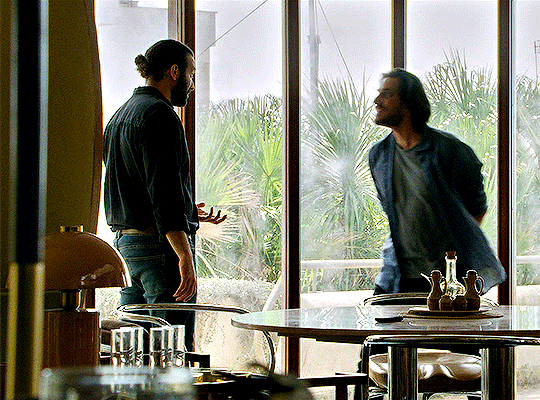
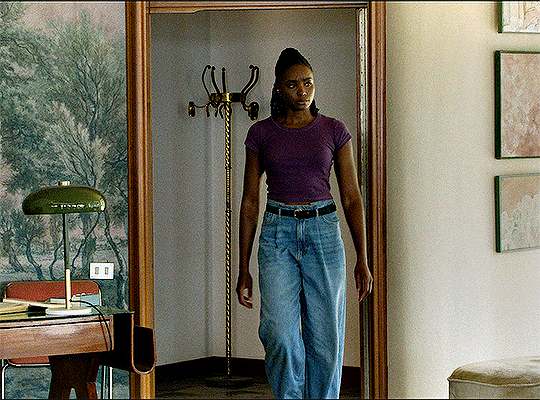
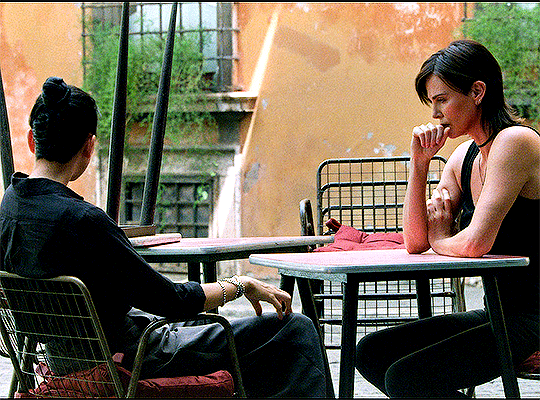
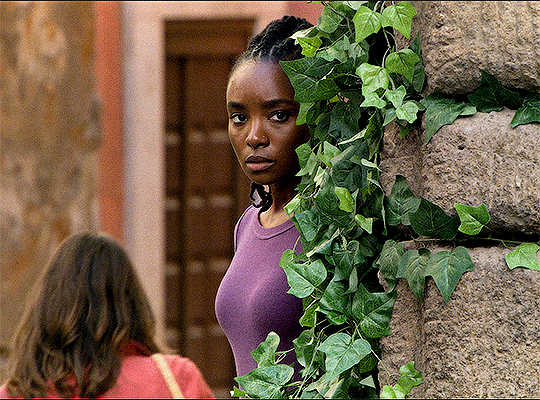
the parents are fighting
2K notes
·
View notes
Text
I wouldn't call Andor's depiction of violence realistic because they're still playing by Disney PG rules, there's no guts, no brains, minimal blood, all wounds inflicted are clear and clean, we don't see the loud suffering of the wounded and dying. Also what is realism even.
What violence is in Andor is consequential. If you're shot, there's a good chance you will die. If you fall from twice your own height, you'll likely break something. If you punch someone and they fall wrong, well shit, you might just have killed them. Weapons are actually dangerous. Stormtroopers, who in the original trilogy were faceless mooks with bad aim, are reduced to their essence: they are men with guns and armour, and it turns out even one of those is very scary. As long as we're in a world where violence is consequential, even a man with a stick poses a lethal threat, let alone one with a gun, let alone one with a TIE fighter.
535 notes
·
View notes
Text
I think all those comments by people complaining about Joe and Nicky not being portrayed as lovers but merely as best friends are utterly ridiculous
which best friends say they're going to bed now, while joking about how the other snores/talks in their sleep (implying they always sleep together so they'd know that) and then proceed to walk to the bedroom together arm in arm??
also which best friends sit there, soppily talking about being afraid to lose each other to death and do that whole "when I see your heart that's immortal" speech, only to then tenderly nuzzle their foreheads together??
This is so romantic and intimate, something lovers do, meanwhile all of y'all whining about there not being a kiss: total strangers can get drunk and kiss at a club and it means fucking nothing
There doesn't always have to be kissing to portray that people are deeply in love and care for each other
#agreed#there was even a daily beast article about them not being romantic and I was like ????#also Nicky says I love you in Italian admittedly I speak Italian and Netflix botched a lot of subtitles#but they’re in married couple mode the whole film idek how people don’t see them as sickeningly in love#the old guard#tog2#2 old 2 guard#tog meta
244 notes
·
View notes
Text
death of the author yeah whatever but death of the fandom is so integral to enjoying legitimately anything like that is just a necessary step to take in ur head always. do not let them affect the text in any way exterminate them all with ur death ray. they r not real and cannot hurt u
#some popular fanon takes are legit so irritating and bland#it's always worth it to go back to the source material and reevaluate#especially as a fanfic writer#it's a rare gem these days to find an Arcane fic that isn't based on fanon personalities instead of a unique read of canon#fanon#fandom
26K notes
·
View notes
Text
charlize theron channeled every goddamn lesbian atom in her soul past present and ancestral every single time andromache breathed in quynh’s direction or when even just her name or memory was at play god it wasn’t acting it was invocation and for that she has earned my eternal undying sapphic reverence
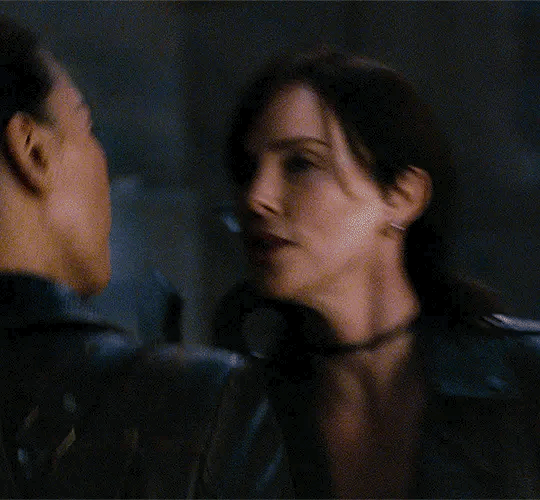
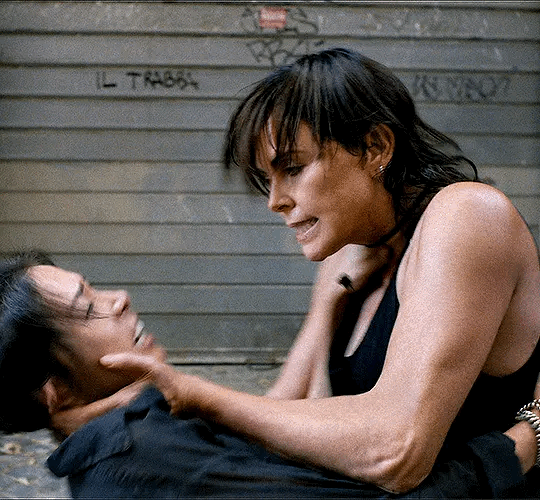
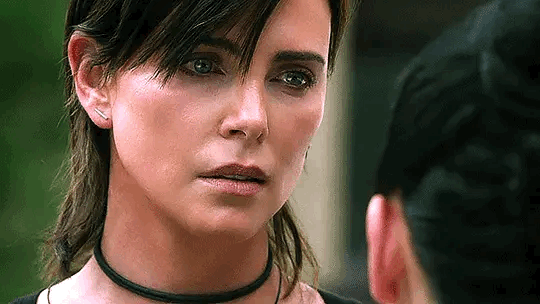
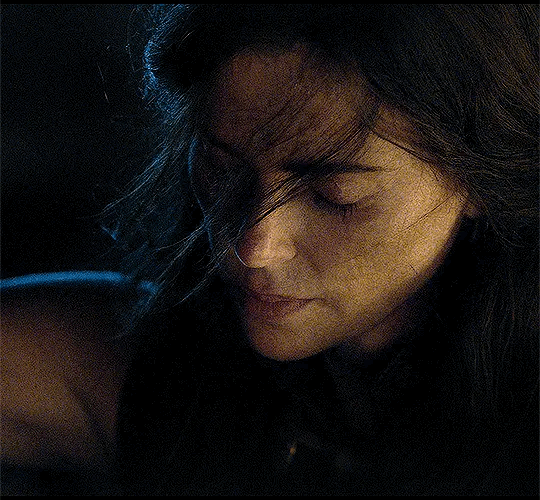
1K notes
·
View notes
Text
The English sub for the Vietnamese at this part is completely wrong. She 100% did not say "I curse you for all your lifetimes." That also has absolutely no emotional impact between them.
Instead what Quỳnh actually said was specifically a callback to their conversation earlier. At around 43 min mark, Quỳnh said, "You once told me the only thing you fear is being alone."
In the scene above, Quỳnh said, "Traitor. You will die alone and in darkness!" AND THE ENGLISH SUB COMPLETELY ELIMINATED THE INTRICACY OF HER DIALOGUE!
3K notes
·
View notes
Text




A walk down memory lane
The Old Guard 2 (2025)
2K notes
·
View notes
Text
Joe: I was thinking of having some alone time.
Nicky: That is illegal and against our wedding vows. So, no.
670 notes
·
View notes
Text
do you think for robots the equivalent of the dog thing is like,. 'i wanna be her toaster so bad' or some shit like that. Applianceplay i Guess. What kitchen appliance is the most dog-like in terms of being a humble & loyal servant that would be the motif everyone on robot tumblr is obsessed with
700 notes
·
View notes

